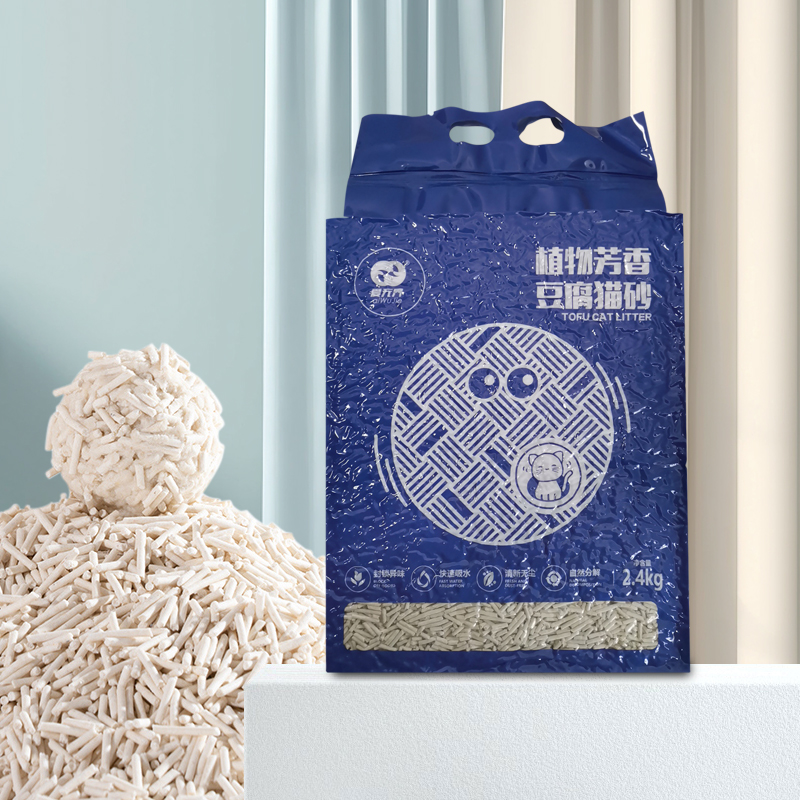Bentonite Usage in Cat Litter Production Facilities and Its Importance
The Role of Bentonite in Cat Litter Factories
Bentonite, a natural clay material primarily composed of montmorillonite, plays a pivotal role in the production of cat litter. Its exceptional properties have made it a preferred choice among manufacturers, as it effectively meets the needs of pet owners. This article explores the significance of bentonite in cat litter factories, its benefits, and its impact on the industry.
What is Bentonite?
Bentonite is a sedimentary clay that forms from the alteration of volcanic ash in the presence of water. It is known for its unique swelling and absorbent properties, which vary depending on its mineral composition. The most commonly used type of bentonite in cat litter production is sodium bentonite, praised for its high absorbency and clumping ability. When wet, sodium bentonite forms a gel-like substance that binds tightly together, making it ideal for clumping cat litter.
Why Bentonite is the Preferred Choice
1. Absorbency
One of the primary reasons for the widespread use of bentonite in cat litter is its outstanding absorbent capacity. Bentonite can absorb several times its weight in moisture, which is crucial for controlling odors and maintaining a clean litter box. This absorbency also ensures that waste materials are quickly absorbed, minimizing the chances of leakage and keeping the litter box dry.
2. Clumping Ability
Bentonite’s ability to form clumps upon contact with moisture is a significant advantage for pet owners. Clumping cat litters allow for easy removal of solid waste, making daily cleaning simpler and more efficient. This feature also helps to prolong the life of the litter, as users can scoop out only soiled portions and leave the remaining clean litter behind. The ease of maintenance provided by clumping litters contributes to their popularity in the market, benefiting both consumers and manufacturers.
3. Odor Control
bentonite in cat litter factories

Effective odor control is vital in cat litter products. Bentonite's absorbent nature helps to trap odors efficiently, preventing unpleasant smells from permeating the home. Some manufacturers enhance this property further by incorporating natural additives, such as baking soda or essential oils, to improve odor-fighting capabilities. As a result, many cat owners prefer bentonite-based litters for their ability to keep the environment fresh and pleasant.
Environmental Considerations
The production and disposal of cat litter raise environmental concerns, and manufacturers are increasingly aware of their responsibility to minimize these impacts. Bentonite is often mined from the earth, which raises questions regarding sustainability and ecological disturbance. Nonetheless, many companies are exploring ways to make the mining process more environmentally friendly and are investing in reclamation projects to restore mining sites.
Moreover, some cat litter manufacturers are introducing alternative products made from renewable materials, such as recycled paper, wood pellets, or corn. These eco-friendly options provide consumers with choices that align with their environmental values, challenging the traditional dominance of bentonite in the market. However, the clumping ability and absorbency of traditional bentonite litters remain difficult to replicate, ensuring that they maintain a significant share of the market.
The Future of Bentonite in Cat Litter
As the pet care industry evolves, so does the use of bentonite in cat litter products. Innovations in processing technology and product formulation are paving the way for enhanced performance of bentonite-based litters. The introduction of natural additives, improved scent control agents, and advancements in production techniques are all aimed at providing better consumer experiences.
Moreover, consumer preferences are shifting towards more sustainable and eco-friendly products. This has prompted manufacturers to seek more sustainable sourcing of bentonite and invest in research to develop better recycling methods for used litter. Education around responsible pet ownership and litter disposal practices is also crucial in addressing environmental concerns.
Conclusion
Bentonite has firmly established its position as a cornerstone ingredient in the cat litter industry due to its exceptional absorbency, clumping ability, and effective odor control. While challenges regarding sustainability remain, the industry's continual innovations and growing awareness of environmental concerns are steering cat litter production towards a more responsible future. As pet ownership continues to rise, the demand for high-quality, effective cat litter products will likely lead to further exploration and enhancement of bentonite’s role in this essential market.







